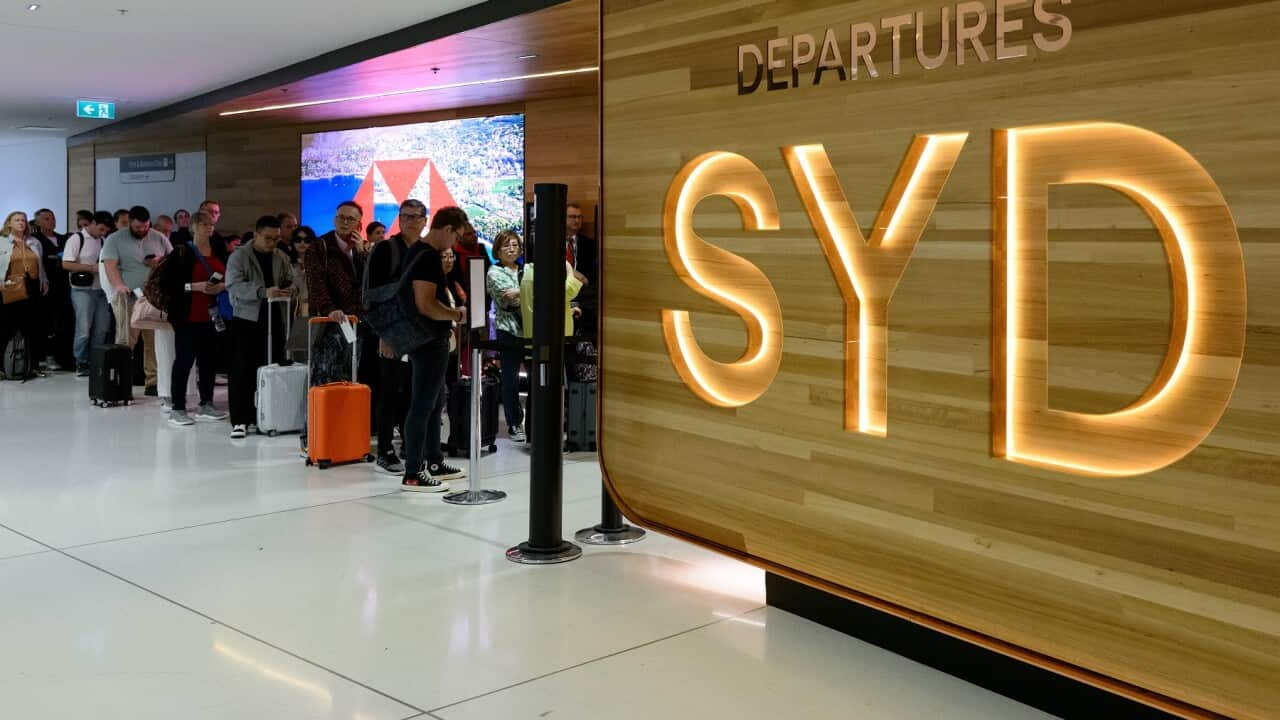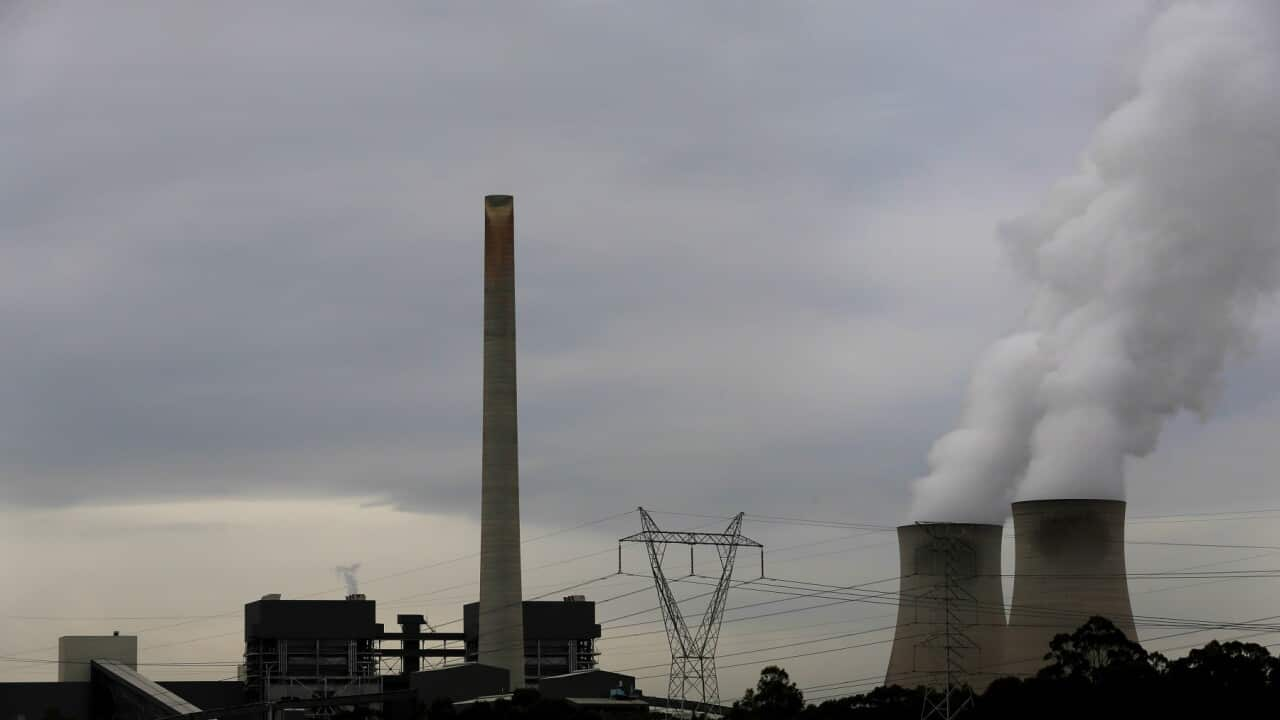TRANSCRIPT
In 2019, Alex Mungall pledged to never fly again.
["I was a fairly frequent flyer and I saw what was being done and not being done about the climate change that I was seeing all around. And I actually was on a trip from Melbourne to Perth to see the wildflowers, which is so beautiful. And I realised that a lot of that was going to be destroyed as Western Australia dried out and it just broke my heart."
As someone who is actively trying to live sustainably, Mr Mungall says giving up flying seemed the next logical step.
"I'd done the solar panels; I'd done the battery. Recently, we've got the electric car. But none of that is an equivalent response to the destruction that climate change is bringing about."
With the holiday season fast approaching, researchers are calling on more people to follow his example.
Together, researchers from the University of Queensland, Griffith University, the University of Sydney and Linnaeus University in Sweden, have found aviation, utilities and private vehicle use for travel account for the top three sources of net emissions in the tourism sector.
The study, published in the Nature Communications journal, found tourism's global carbon footprint increased from 3.7 gigatonnes to 5.2 gigatonnes over a ten year period.
Associate Professor Ya-Yen Sun from the University of Queensland says the rapid expansion in travel demand has meant carbon emissions from tourism activities now account for nine (9) per cent of the world's total.
"Our study track tourism expenditures and the local energy profile of 175 countries from 2009 to 2019. Our analysis shows that the global tourism in fact cost a lot of emissions."
Associate Professor Sun says the emissions growth rate for tourism was 3.5 per cent per annum during the decade while global emissions increased by 1.5 per cent.
"So aviation is the elephant in the room. This particular sector is very hard to decarbonise. But at the same time our demand for aviation travel is very strong."
According to the study, the United States, China, and India are responsible for 60 per cent of the total increase in tourism emissions.
Australia also ranked in the top 20 countries that together contributed three quarters of the total tourism carbon footprint in 2019.
Associate Professor Sun says prioritising domestic travel could help reduce emissions.
"If you have to do an international travel, then please combine multiple trips into one. In other words, if you need to do three shorter international trips, make it one longer trip so that you can cut back the use of transport."
These kinds of figures are exactly why Mr Mungall is refusing to get on a plane.
Currently living in Melbourne, the 57-year-old was born in Scotland.
He says he's committed to keeping his feet firmly on the ground - even if it means never seeing his family again.
"It's quite heartbreaking to think that if this response that I've taken, this position that I've taken means that I don't see my family again. But I was born in Scotland and that's five tonnes of carbon in the atmosphere instead of in the ground. If I take that flight over there."
But the researchers say the pressure to change behaviour shouldn't be left solely to the consumer.
They're also calling on the government to set up a National Tourism Emissions Inventory and to support initiatives to make domestic travel more sustainable.
For example, establishing more charging stations for electric vehicles.
"We feel there are some hopes if we can convince people to travel more domestically because the EV will take care of the private vehicle emissions issues."
Mr Mungall says buying his E-V has helped keep him moving.
"I've travelled a fair bit. I've been to Tasmania, South Australia, Queensland, New South Wales, ACT, all from Victoria. Buying an electric vehicle made me feel much freer because I was able to charge by solar during the day and have the freedom to go anywhere."
Other measures adopted by airline companies, like offering customers the option to offset the carbon emissions from their flights, aren't convincing environmentalists like Mr Mungall.
"It's an accounting trick really. And also those offsets are really not reliable. That forest could burn down in the next forest fire and the accounting has still happened, but the offset hasn't happened. They're not reliable and I don't trust them."
Associate Professor Sun says technology isn't progressing fast enough.
"We are not so optimistic in terms of technology on the aviation sectors. I mean there are discussions in terms of biofuels, in terms of electrical aircraft, but those solutions are not really near. I mean we have to wait maybe around 20 or 30 years of time in order for those solutions to be made available across all the airlines. We would suggest probably carbon tax is the best way to forward right now."
For Mr Mungall, a complete refusal to fly is the only way he feels he can make a difference.
"I can't in good conscience think that I'm leaving behind a legacy of fires and floods and people displaced from their homes and unable to grow food in anywhere near the tropics and this sort of thing. It's a horrific situation that the world is facing from one generation to the next. And yeah, I just don't want to be part of it anymore."













